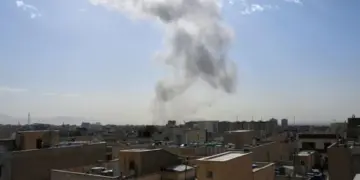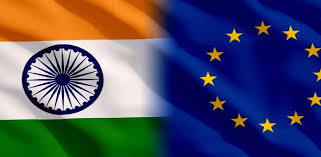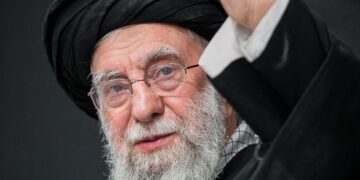By: Imtiyaz Maqbool Banday
In the emerald heart of Kashmir, where the breeze carries whispers of pine and wildflowers, lies Doodpathri—a land of peace, purity, and promise. A place untouched by chaos, yet now unfairly swallowed by it.
Following the tragic incident in Pahalgam, several tourist destinations have been placed under a ‘No-Go’ list including Doodpathri. No visitors, no movement, no work. And with that single decision, hundreds of families who depend on this peaceful paradise for their daily bread have been cast into the shadows of uncertainty.
But the question that echoes louder than any announcement is simple, and searing:
When will the meadows see merry-times again?
For most tourists, Doodpathri is an escape—a retreat into the lap of nature. For locals, however, it is much more. It is a marketplace of hope. The pony-walla who rises with the dawn, the elderly man offering kahwa under a tin shed, the young boy guiding trekkers with starry-eyed dreams of a better future—each of them depends on the flow of visitors to survive.
Now, their dreams lie still, like the meadows they once brought to life.
“This is our season. We earn for the whole year in these few months,” says a local vendor, his voice trembling. “But now, there is nothing—not even hope.”
What happened in Pahalgam was tragic. It shook us all. But Doodpathr, like several other destinations has always remained peaceful and therefore deserves to host tourists.
The danger of blanket orders is that they take too long to be withdrawn and as a result people who rely on such activities are left in severe economic distress and mental disarray. What is being lost here is not just tourism—but trust, livelihood, and the right earn a dignified livelihood.
The unheard voices
What doesn’t make headlines are the unheard voices:
-The young girl whose education may now be cut short because her father, a pony owner, hasn’t earned in weeks.
-The widow who ran a small tea stall by the stream, now closed indefinitely.
-The horses growing weak from idleness, once symbols of strength and service, now symbols of helplessness.
These are the real costs of this shutdown—silent, suffocating, and forgotten.
A Call for reconsideration
Security is paramount—no one denies that. But the administration must rethink this strategy—not by loosening vigilance, but by applying it wisely.
Let there be security forces, let there be checks—but let there also be work. Let Doodpathri breathe again—not recklessly, but responsibly.
Reopen such destinations with protocols. Engage local stakeholders. Create a joint system of safety and livelihood. But do not lock the gates on people who have little or no other way of earning a livelihood.
Let the Meadows Speak Again
Doodpathri has never been just a meadow—it has been a mother, a market, and a mirror of what peaceful coexistence in Kashmir can look like. It should be nurtured, not neglected. Protected, not punished.
As we grieve for what happened in Pahalgam, let us also have the courage to protect what remains untouched and innocent. Let us not allow fear to silence every flute, every footstep, and every life in these hills.
Because when we let the innocent suffer for the crimes of others, we lose not just justice—we lose our soul.
Let Doodpathri live. Let its people live.





